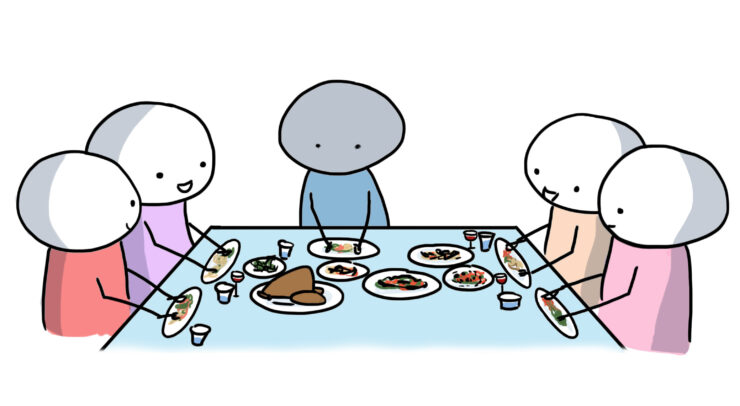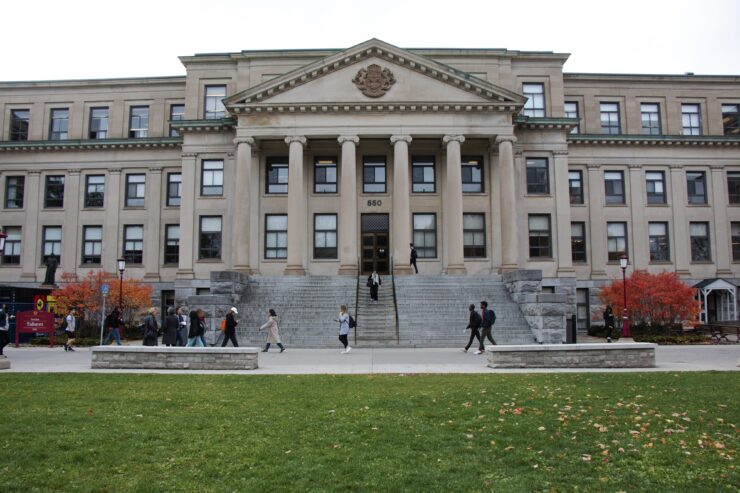Former employees talk about Marie-Curie clinic’s closure and alternative health services on campus
On Aug. 30, the ByWard Family Health clinic, formerly known as University of Ottawa Health Services, announced significant changes to its services, including the closure of its walk-in clinic located at 100 Marie-Curie.
The news came in light of understaffing, insufficient funding, and an inability to accommodate more than a limited number of patients.
In an interview, Hannah Elkas, a former employee at the Marie-Curie clinic, told the Fulcrum that they were only removing their services for students specifically and would continue to accept patients registered with physicians at the clinic.
“A lot of people think that our clinic and the University [are] associated with one another, which is not true.”
“The university doesn’t fund us at all so it was difficult and kind of frustrating to offer services … to our students, and then [the students would] be upset with the services we were providing due to the lack of funding, especially in mental health,” Elkas explained.
According to Elkas, the clinic has developed a bad reputation from students over the years which led many physicians to leave and for the institution to change its name.
‘’Six physicians did leave and make their own clinic on Hunt Club, completely out of the Sandy Hill area,” said Elkas.
‘’[The] name change is to confirm that … we’re not funded by the university and we’re not associated so please kind of give us a break,” Elkas added.
Sonia Mutombo, another former employee who worked at the Marie-Curie clinic for over two years, described her experience as stressful.
She said that due to the fast-paced environment, new policies were coming in as doctors were leaving.
‘’Because people were constantly leaving, there [were] a lot of people training and it’s [a] difficult job, it takes a lot of training so I think … our phone lines were slow because they’re new staff,” Elkas explained.
When asked the reason why students were either turned away from the clinic, only able to share one medical issue at a time, or billed for a missed appointment without obtaining a call from the doctor, Elkas said simply: “I hate to use this as an excuse, but COVID-19 really harmed our business.”
Elkas explained that most appointments had to be done via telephone during the pandemic due to the clinic’s health measures. This allocated patients only 10-15 minutes with a doctor.
“Going over one [additional] issue is taking away from time for another patient, and so … it’s always difficult.”
Not every phone provider accepts caller ID, leaving many patients to be charged for missed appointments and creating conflict between doctors and patients.
Elkas says that the clinic had a limit of forty lines, which led to many students being put on hold for long periods of time or disconnected.
Before the clinic’s closure, Elkas and Mutombo estimated having only 20 physicians present per day, as opposed to a full staff of 50.
Going forward, she suggests that patients look up the updated list regarding available providers at Byward Family Health.
When asked where students should seek other healthcare centres on campus, Elkas told the Fulcrum that SASS is a great alternative for mental health services, as well as the Health promotion in the Jock Turcot University Centre (UCU).
For sexual health purposes, the sexual health clinic on Clarence Street offers an accessible walk-in clinic.
Both former employees have also suggested Appletree as an alternative, since locations can easily be found all over the city. Elkas and Mutombo have also advised students to go to the Minto Sports Complex to get vaccinated for COVID-19.
The university has confirmed that it plans to open a new, privately operated clinic, but details regarding the new services are pending.





